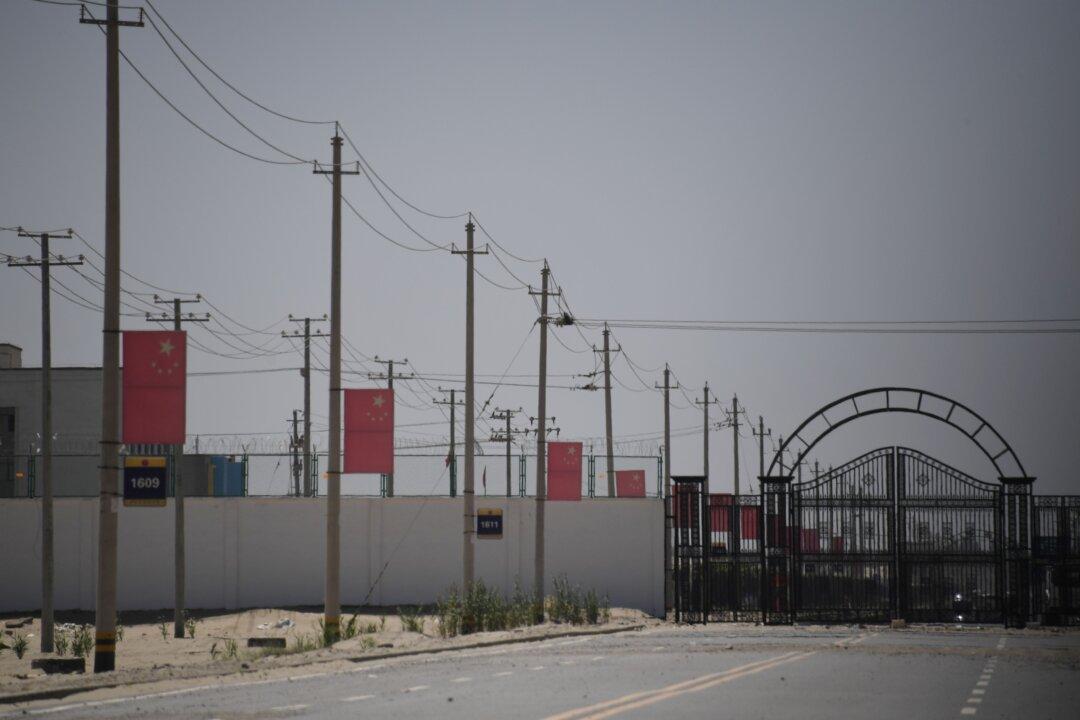Hundreds of political leaders and experts recently produced the first comprehensive global strategy for democracies around the world to confront the growing aggressions of the Chinese Communist Party.
The 2020 Halifax International Security Forum (HFX), titled “China vs. Democracy: The Greatest Game,” convened from Nov. 20-22. The forum, held virtually this year amid the CCP (Chinese Communist Party) virus, came as the world wakes up to the reality that Beijing has never been a friend to democracies.





